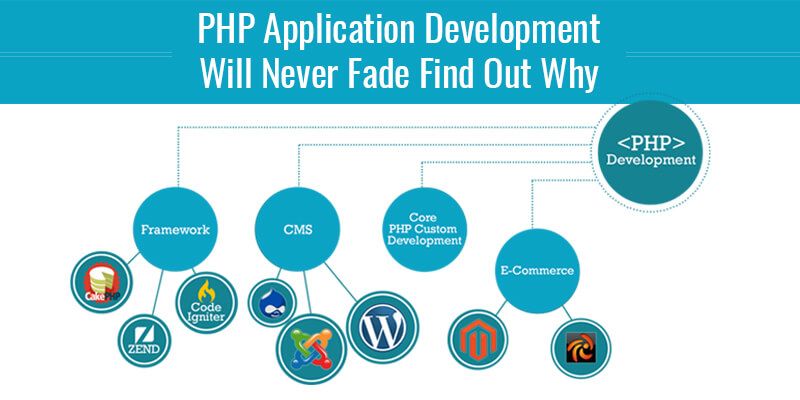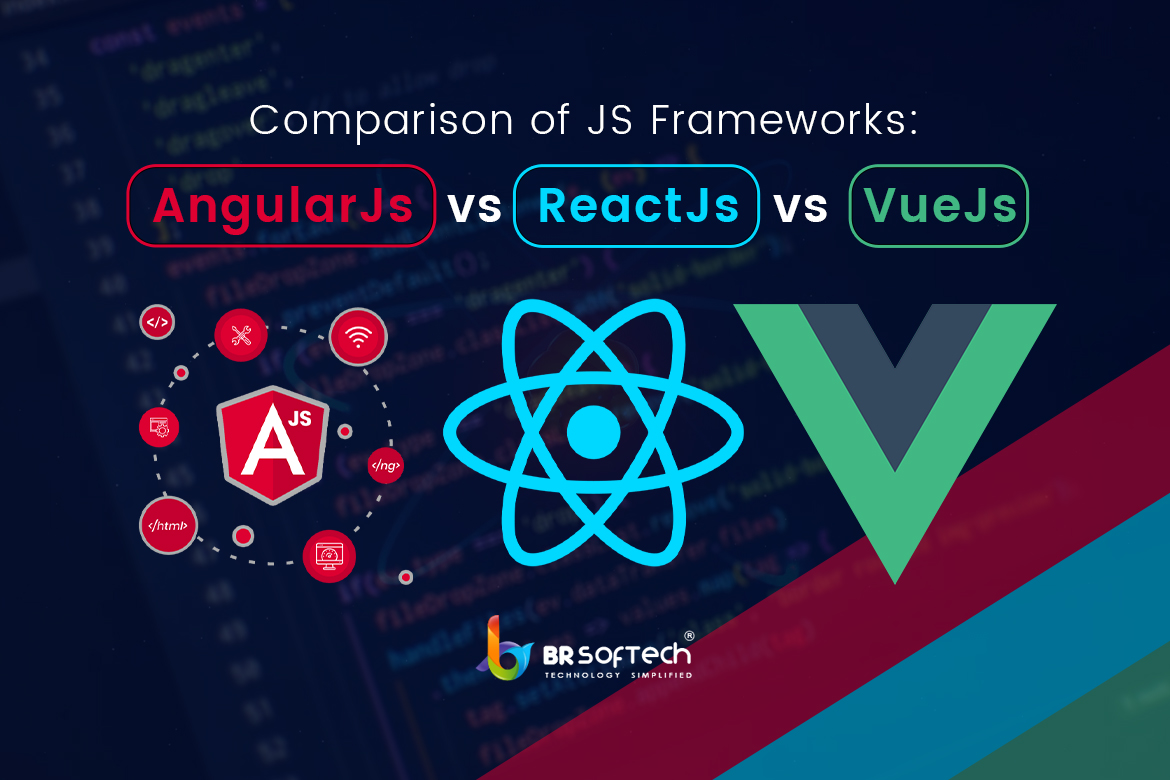PHP application development language is which is developing an online platform with help of developers and the server-side scripting is developed for web developers to develop highly customizable and easy to maintain web solution because the demand of PHP application development. language or developer is too much increasing at this time to developing well feature website with full advantage functionality like interactive, reliable.
PHP can be blended with the number of accessible databases, including MySQL, PostgreSQL, Oracle, Sybase, Informix, and Microsoft SQL Server.
Evaluation of PHP Language
PHP programming language established in 1995, on this time no other programming or scripting language technologies possessed with njo tracking capabilities. Then, PHP developed with deference to the dynamic nature of web application needs and it is expended from a simple foundation as a traffic tracking script, to a great, Object Oriented supported server-side language. In 1997, personal homepage content kit and form editor elements were completely rewritten and then mixed into a program, which is known as a program PHP 2.0 (PHP Manual).
1. PHP 3 Language
In June 1998, with several new developers from around the programming world joining the work, PHP 3.0 was published by the new PHP Development Team as the official follower of PHP/FI 2.0. Effective development of PHP/FI 2.0, was fully ended for new feature compatibility. After that approximately nine months of open public experiment, when the report of the official release of PHP 3.0 came, which are already established on over 70,000 domains around the world and was no longer limited to POSIT-compliant operating systems.
A comparatively small part of the domains describing PHP as established was hosted on servers running Windows 95, 98, and NT, and Macintosh. At its peak, PHP 3.0 was installed on approximately 10% of the web servers on the Internet.
2. PHP 4 Language
The new programming engine entitled ‘Zend Engine’ (composed of their first names, Zeev and Andi), which are met certain design goals successfully of PHP and was first introduced in mid-1999. PHP 4.0, based on this programming engine platform, and linked with a wide range of added new features, it was officially released in May 2000, almost two years after its predecessor. In appreciation to the highly enhanced production of this PHP version, PHP 4.0 combined other key features such as maintenance for many more web servers, HTTP sessions, output buffering, more reliable methods of handling user input and any new language constructs.
3. PHP 5 Language
In July 2004, This version is launched. PHP 5 was published after a numerous deal of development and various pre-releases, which are essentially made by its core, the Zend Engine 2.0 with a new object model and dozens of other new features. PHP 5 introduced various progressive features such as enhanced support for object-oriented programming, the PHP Data Objects (PDO) extension and various functionalities for appearance improvement.
4. PHP 6 & Unicode
The PHP 6 version is updated version of PHP 5 which are release in 2005 with feature of UTF8/Unicode support but due to some error that is not established properly and not succeed. As time went on, it gave the PHP 6 release a bad name. It’s the version that went into development forever but was never released. In that regard, it’s related to IPv5, the “missing” version between the now popular IPv4 and the “new” IPv6 Internet Protocol. Guide for multiple encodings: conversion, detection, processing and its Support for various languages in different encodings and scripts style
5. PHP 7 Language
In the 2014 and 2015, a new major PHP version was launched to developed, which was numbered PHP 7. It is involved some database to like MySQL, PostgreSQL, Oracle, Sybase, Informix, and Microsoft SQL Server with some PHP 6 unicode development that is known as PHP 7. PHP 7 introduced an opportunity for other changes beyond phpng that require backend-compatibility breaks. As appropriate, it included the following changes:
Conclusion
It is a necessity to assume, you need to assess your project base business purposes and developer team’s technical strengths before you select PHP application development. Once you partner with a good PHP web development company, you can rest ensured of getting a successful developer ecosystem assistance to support the power of open source. PHP development can help businesses create a unique identity online.












